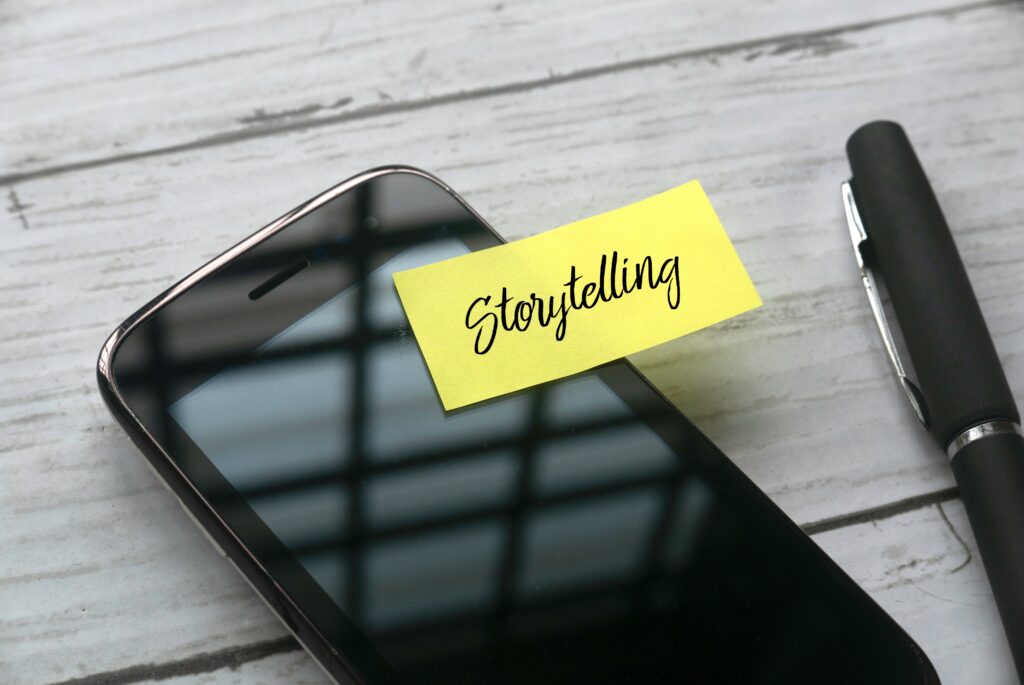Effective Advertising Tells a Great Story
In the digital age, quickly evolving through the enhancement of AI, effective advertising connects with consumers emotionally and offers a great story of something or someone they want to be, feel, or experience.
For those who enjoy a good science article, may we recommend The New Science of Customer Emotions, which appeared in the Harvard Business Review. That, along with the Storybrand concept developed by our fellow Nashvillian Donald Miller, have influenced some of our approach here at Source Local Media.
The Art & Science of Modern Marketing
Everything we design today is based on this simple marketing formula:
TARGETING + MESSAGING + REACH = RESULTS
Targeting these days is largely scientific, as is reach. No matter how specific you can get defining the target (the people to whom you wish to advertise), data scientists can find them.
Once you’ve defined your target, determining where best to reach them is also quite scientific. Testing plausible methods almost always yields at least one channel that works best to reach your targets at a time and place where they can (1) absorb your message, and (2) engage your message in some productive manner.
The true art of advertising in the digital age is messaging. What you say needs to tap the emotions of your target (very quickly, in most cases) and create movement. Message consists of words, but also images. The story advances faster when images convey most of it, and the words just close the deal.
What Motivates People Today?
Maslow’s Hierarchy of Needs suggests that human needs, in order of importance, are:
- Physiological
- Safety
- Social
- Self-Esteem
- Self-Actualization
For the purposes of this discussion, let’s assume the first two are met and our target has the bandwidth to consider higher-level needs.
Here are some of the more common motivators:
Standing Out From the Crowd. Maslow’s third level of needs suggest social standing can be a strong motivator. Only the coolest people wear… drive…
Things Are Going to Get Better. Maslow’s fourth level of needs suggest self-esteem can be a strong motivator. Your life will be better if only you wear… drive…
Life Will Be Less Stressful. The promise of an easier life can be a huge motivational tool. This will simplify your life… save you stress… sometimes also expressed as saving time and hassle…
Freedom. When have you ever seen an effective advertising campaign for motorcycles that wasn’t built on the idea of “freedom of the open road?” That classic example tells an important story — no matter how trapped you feel, this can help set you free…
Feeling Alive. When we’re bored with our lives, anything that brings a sense of adventure or thrill can be very motivating. Royal Caribbean and others have recently started making some cruises look like adventure treks, partly in an effort to break out of “old people go on cruises” thinking and attract younger families.
Sense of Belonging. Many modern disruptor brands refer to customers as their “community.” Sense of belonging in the post-pandemic world has taken on an entirely new dimension of importance. But even before that, technology was isolating people more than ever. When brands can tap into this need for belonging, that makes for effective advertising.
Protecting the Environment. There is a fast-growing list of brands designed specifically to appeal to consumers who want to minimize their environmental footprint, conserve resources, and just generally live more eco-friendly lifestyles. Others try to co-opt that space by supporting environmental causes and incorporate options like carbon offsets.
Be The Person You Know You Can Be. Fitter. More beautiful. Smarter. Well-traveled. Well-read. Sexier. Maslow’s fifth level of needs — self-actualization — is achieved when you become the person you want to be. And if your brand helps people do that, that’s your motivator.
Safer and More Secure. Everyone from Ring Home Security to Charles Schwab leverages this motivator, and at a time when we have so much access to literally everything happening in the world, it’s easy to feel unsafe. In fact, some researchers suggest we are safer than we’ve ever been in human history; yet, we feel the most vulnerable.
Feel Successful. Some have argued that feeling successful goes well beyond financial success, to a sense of a life with meaning or even impact on the world. But we each have our own definition of success, and if your target equates success with the number of zeroes in her bank account, that’s the point of motivation.

Understanding Your Target’s Motivations Makes for More Effective Advertising
Take a deep dive into your core customers; the 20% of your customers who make up 80% of your revenue and profit. The more you can understand what motivates people to buy your products or services, the more effective advertising can be for your growth.
Advertising has evolved into storytelling, and you have the entire world of words, photos, and video at your fingertips to build an effective advertising story that connects emotionally with your best prospects and motivates them to engage your business.
Focus on How Your Products & Services Make Customers Feel
The process of building effective advertising has basically reversed. Start with the happy ending and work backwards.
What is the outcome people want when they buy your products or services? Help them visualize that.
Sometimes that means scaring them. Fear is one of the biggest motivators in advertising today. We’re afraid of something, or we have a fear of missing out. Fear is one of the top two motivators you can tap. Along those lines, if your product or service solves a problem — you need to build that problem up so you can show how your solution tears it back down.
Greed is the other. And we’ll define greed two ways. First, greed that offers you disproportionate gain or advantage over others. Second, greed that relates more to social status or even making others envious of you. We desire greater social acceptance.
Get Some Objective Advice for Free
If you’re struggling with the science of motivation, that’s OK. You’re definitely not alone. And you’re in luck!
You can schedule a free initial consultation with our professional marketers to talk this through. If we can get you unstuck and you move on without us, that’s OK. It’s an investment we make in getting to know you and your business, and giving you the chance to get to know us without a meter running.
Read More: How a Free Initial Marketing Consultation Can Change the Course of Your Business Forever
If you’d just like to see more great articles like this, subscribe to our free e-mail newsletter so you get periodic updates on all the new topics we’re posting here in our Local Marketing Blog.
Thanks for visiting today!






